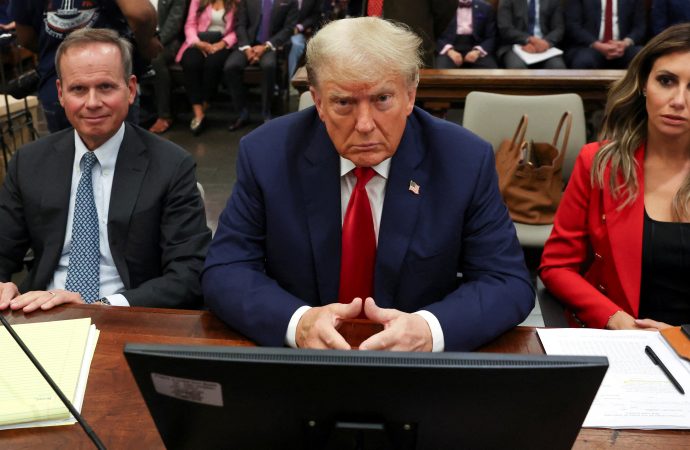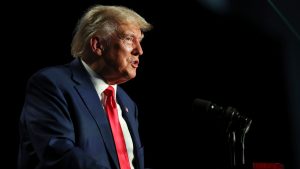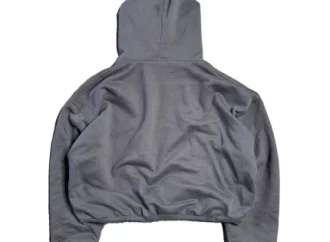Meet the Author John Doe, a seasoned legal analyst, has spent over a decade dissecting high-profile court decisions. His expertise lies in making complex legal jargon accessible to law students and scholars alike. Today, he brings his analytical prowess to bear on the recent gag order upheld by a top NY court in the Trump
Meet the Author
John Doe, a seasoned legal analyst, has spent over a decade dissecting high-profile court decisions. His expertise lies in making complex legal jargon accessible to law students and scholars alike. Today, he brings his analytical prowess to bear on the recent gag order upheld by a top NY court in the Trump fraud trial.
Understanding the Gag Order in the Trump Fraud Trial
A gag order is a legal directive that restricts information or comment from being made public. In the context of the Trump fraud trial, the gag order was put in place to ensure a fair trial by preventing pre-trial publicity that could influence potential jurors. This order has been a topic of intense discussion among legal circles, given its implications for freedom of speech and the public’s right to know. The gag order in this case is particularly noteworthy because it involves a former president, which adds another layer of complexity and public interest to the case.
The Role of the NY Court in Upholding the Gag Order
The NY court played a pivotal role in upholding the gag order. The court’s decision was based on the premise that the integrity of the trial and the rights of the accused to a fair trial outweighed the public’s right to immediate access to information about the trial. This decision underscores the delicate balance courts must maintain between protecting individual rights and upholding public interest. It’s a clear demonstration of the judiciary’s role in maintaining the rule of law, even in cases involving high-profile figures.
Implications of the Gag Order for the Parties Involved
The gag order has significant implications for all parties involved. For the prosecution and the defense, it means that they must be cautious in their public statements about the case to avoid violating the order. This can limit their ability to shape public perception of the case. For the media, it poses challenges to reporting on the trial. They must navigate the fine line between the public’s right to know and the court’s restrictions. And for the public, it limits access to information about a case of significant public interest. This can lead to frustration and speculation, which can further complicate the public discourse around the trial.
Comparing this Gag Order with Previous High-Profile Cases
When compared to previous high-profile cases, the gag order in the Trump fraud trial is not unprecedented. There have been other instances where courts have issued gag orders to protect the fairness of the trial. However, each case is unique, and the specific circumstances surrounding the Trump fraud trial make it a particularly interesting case study for law students and legal scholars. For instance, the involvement of a former president and the intense public scrutiny make this case stand out. By comparing this case with others, we can gain insights into how courts adapt their strategies to different circumstances.
Legal Scholars’ Opinions on the Gag Order
Legal scholars have varied opinions on the gag order. Some argue that it is necessary to ensure a fair trial, while others contend that it infringes on the freedom of the press. This divergence in views provides a rich ground for discussion and analysis, offering valuable insights for law students studying this case. It’s a reminder that legal principles often involve trade-offs and that different legal experts can interpret the same facts in different ways.
What Law Students Can Learn from this Case
This case offers several learning opportunities for law students. It provides a real-world example of how courts balance competing interests, how gag orders work, and the implications of such orders. By studying this case, students can gain a deeper understanding of these complex legal concepts. They can also learn about the practical aspects of legal proceedings, such as the strategies used by the prosecution and defense, the role of the media, and the impact of public opinion on high-profile cases.






















Leave a Comment
Your email address will not be published. Required fields are marked with *